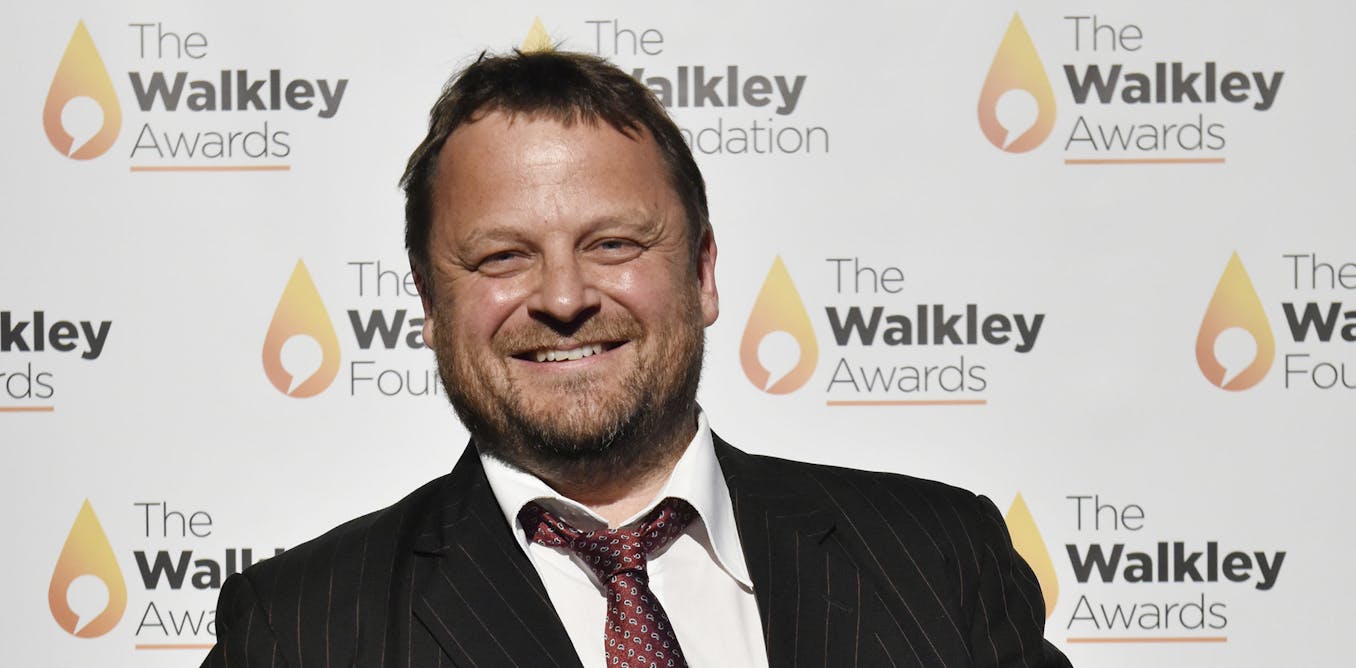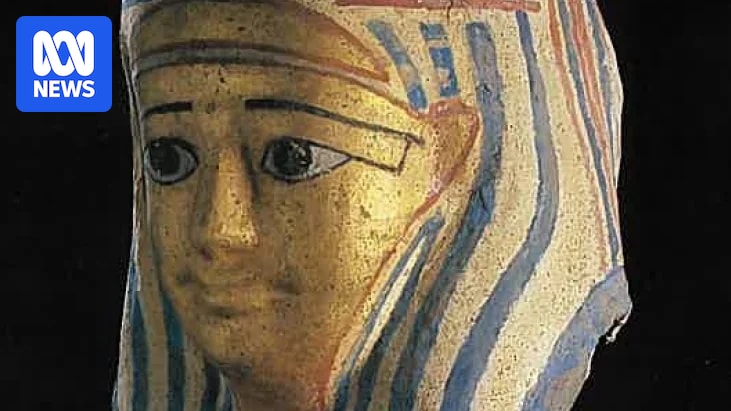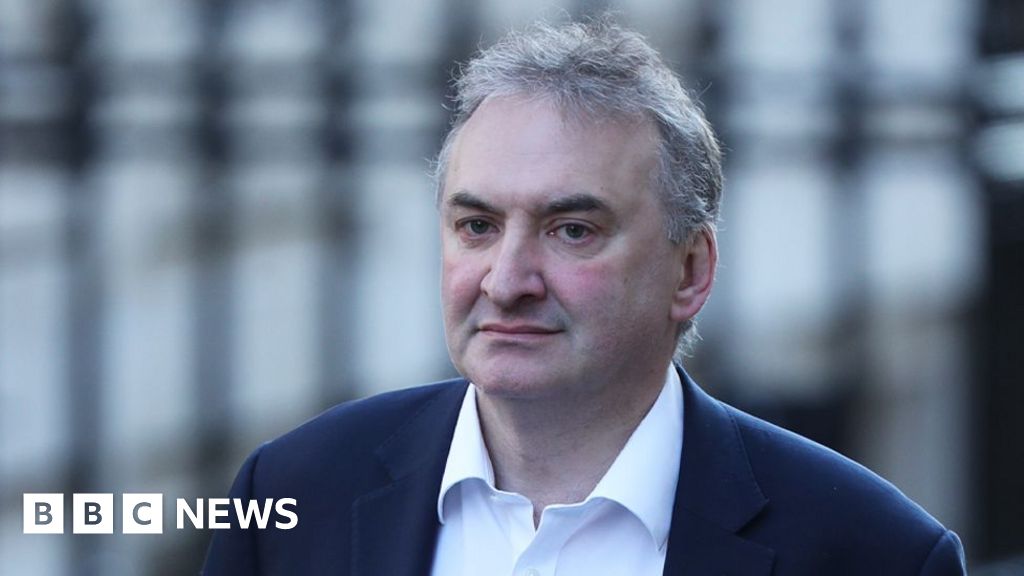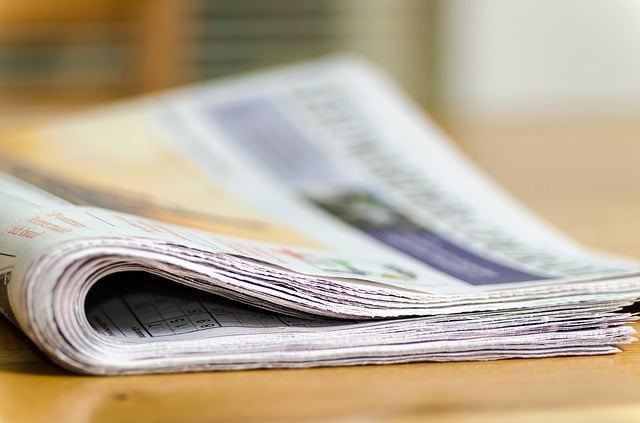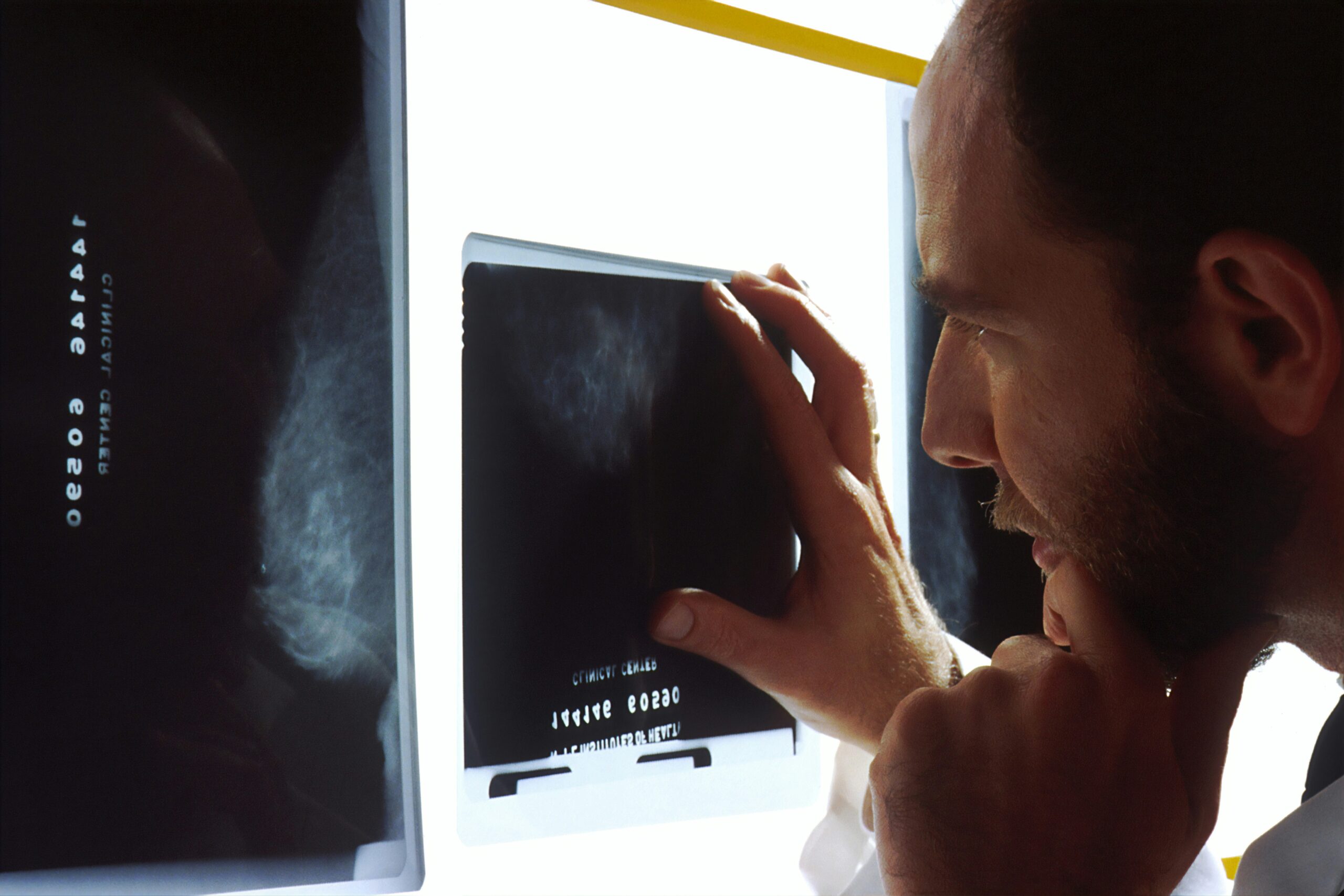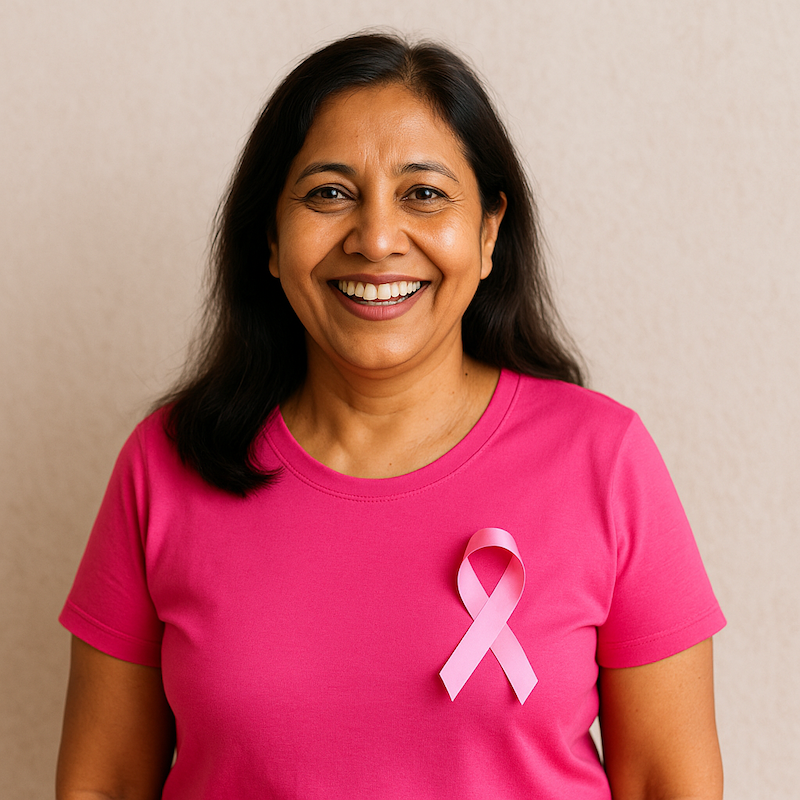
October is more than just a month of pink ribbons and charity walks. It serves as a global reminder that breast cancer is not someone else’s problem. It is a disease that impacts families, friends, and communities across every corner of Australia. Each October, Breast Cancer Awareness Month invites us to pause, learn, and act because early detection doesn’t just improve outcomes; it saves lives.
In Australia, breast cancer remains the most commonly diagnosed cancer among women and one of the leading causes of cancer-related deaths. According to the Australian Institute of Health and Welfare (AIHW), about 21,000 women and more than 200 men are expected to be diagnosed this year alone. That’s around 58 Australians every single day. One in seven women will face this diagnosis in their lifetime. Yet the good news is that survival rates continue to rise, with over 92% of women now surviving at least five years after diagnosis.
The Human Impact Behind the Numbers
But numbers alone don’t tell the full story. Behind every statistic is a person, often a mother, sister, daughter, or friend, whose life changes in an instant. What truly makes a difference—between fear and hope, between life and loss—is awareness. Awareness to participate in regular screenings, to overcome fear, stigma, and misinformation.
Breast cancer is one of the few cancers where early detection dramatically improves survival. In Australia, the BreastScreen Program offers free mammograms every two years to women aged 50 to 74. These simple, quick, and mostly painless screenings can detect cancer before it’s felt, sometimes years before symptoms appear. Yet participation rates remain concerningly low. Only about 52% of women in the target age group attend their scheduled screenings, and rates are even lower in some communities.
Barriers to Early Detection
Not all cancers present with obvious symptoms. That’s why every woman should be “breast aware”—to know what’s normal for her and to seek medical advice if something feels different. It’s also crucial to remember that breast cancer doesn’t discriminate by gender. While rare, men can develop breast cancer too, and awareness among men is often much lower.
Despite the widespread availability of information, many Australians still make preventable mistakes that delay diagnosis. The most common are ignoring early changes, assuming “it’s nothing serious,” or waiting for pain to appear. Breast cancer in its early stages is often painless, and by the time symptoms become obvious, the disease may already have advanced.
Some people skip mammograms because they feel healthy, while others fear bad news or find the process uncomfortable. But as doctors often say, it’s better to face a small discomfort now than a big battle later. Fear is another major barrier. Many people associate cancer with death, but that’s no longer true for most breast cancer patients. Thanks to improved treatments and early diagnosis, survival has increased significantly, especially when detected early.
Cultural and Linguistic Challenges
Australia’s rich cultural diversity is a source of pride, but it can also create hidden gaps in healthcare. Women from culturally and linguistically diverse (CALD) backgrounds are significantly less likely to participate in breast cancer screening. Studies show that more than half of CALD women are overdue for their screening mammograms.
Why does this happen? The reasons are complex—language barriers, lack of translated materials, cultural taboos around discussing women’s bodies, modesty concerns, and a general fear of hospitals or the healthcare system. For some, past experiences in their home countries where healthcare access was limited or cancer carried deep stigma make them reluctant to engage.
As a multicultural nation, we must do better. Awareness campaigns need to speak in every language and every cultural context, through community leaders, local networks, ethnic radio, and trusted voices. Healthcare professionals should be culturally sensitive and ensure interpreters and translated resources are easily available. Awareness isn’t one-size-fits-all; it must be as diverse as the communities we serve.
Breast Cancer as a Family Issue
Breast cancer awareness isn’t just a women’s issue; it’s a family issue. Husbands, sons, brothers, and friends can play a powerful role in encouraging the women in their lives to book that screening or get a check-up. When families normalize talking about breast health, stigma loses its power.
Awareness months are sometimes dismissed as “symbolic,” but they serve a real and measurable purpose. Each October, pink ribbons and community events bring conversations about breast cancer into workplaces, schools, and homes. They remind women to book screenings, raise funds for research, and honor survivors and those we’ve lost. Awareness drives action, and action saves lives. It reduces fear, challenges stigma, and encourages people to seek help early. When even one person reads an article like this and decides to make that appointment, an entire family’s future can change.
Addressing Inequalities and Future Steps
Breast Cancer Awareness Month also shines a light on inequalities—rural women, CALD communities, and lower-income groups who face unique barriers. Targeted campaigns can close those gaps through mobile screening vans, translated materials, and outreach partnerships with multicultural organizations.
Australia’s efforts to combat breast cancer have made it a global leader in survival rates. Mortality has declined steadily over the past three decades, even as diagnoses increase, proof that awareness, screening, and modern treatment work. But there’s still much to do. We need to raise screening rates, particularly among underrepresented communities. We must fund research into aggressive and early-onset breast cancers, support survivors’ mental health, and continue breaking down cultural barriers.
Breast cancer is not just a medical condition—it’s a social challenge that demands awareness, compassion, and community support. This October, take a moment to act.
- Book your mammogram. If you’re aged 50–74, it’s free and could save your life.
- Talk to your doctor. Ask about risk factors, family history, or genetic testing if relevant.
- Check in with your loved ones. Encourage the women in your life to make their health a priority.
- Support awareness campaigns. Share information, volunteer, donate, or simply wear pink to show solidarity.
In a world where breast cancer touches one in seven women, silence is no longer an option. Awareness is our most powerful weapon, and October is our opportunity to use it. Every conversation started, every screening done, every life saved—that’s the true meaning of Breast Cancer Awareness Month. Let’s make sure that message reaches every household, in every language, across this great nation.
Dr. Preeti Khillan is a Melbourne-based gynaecologist, health advocate, and co-founder of the Healthcare Awareness Society of Australia, committed to promoting culturally inclusive healthcare and community awareness.
Support independent community journalism. Support The Indian Sun.
Follow The Indian Sun on X | Instagram | Facebook
